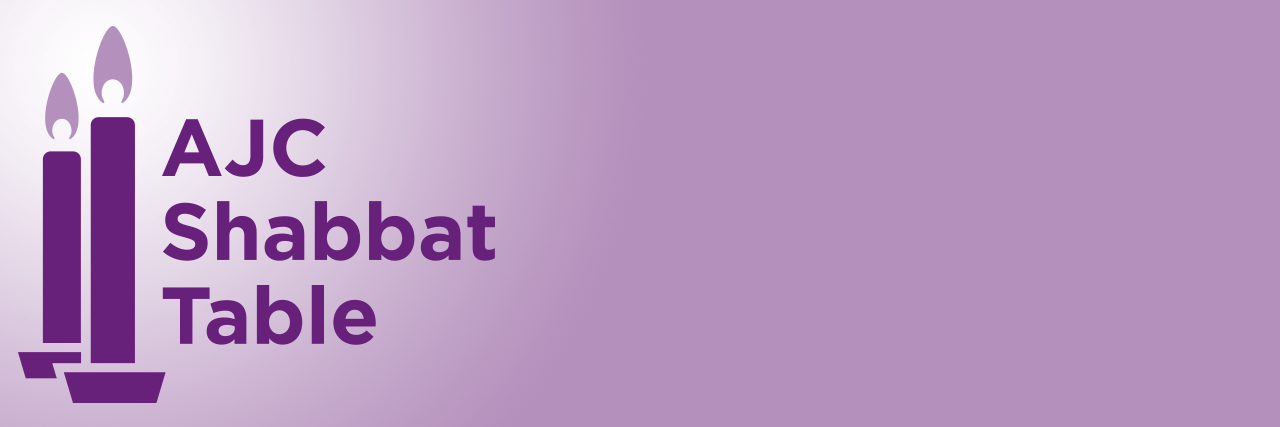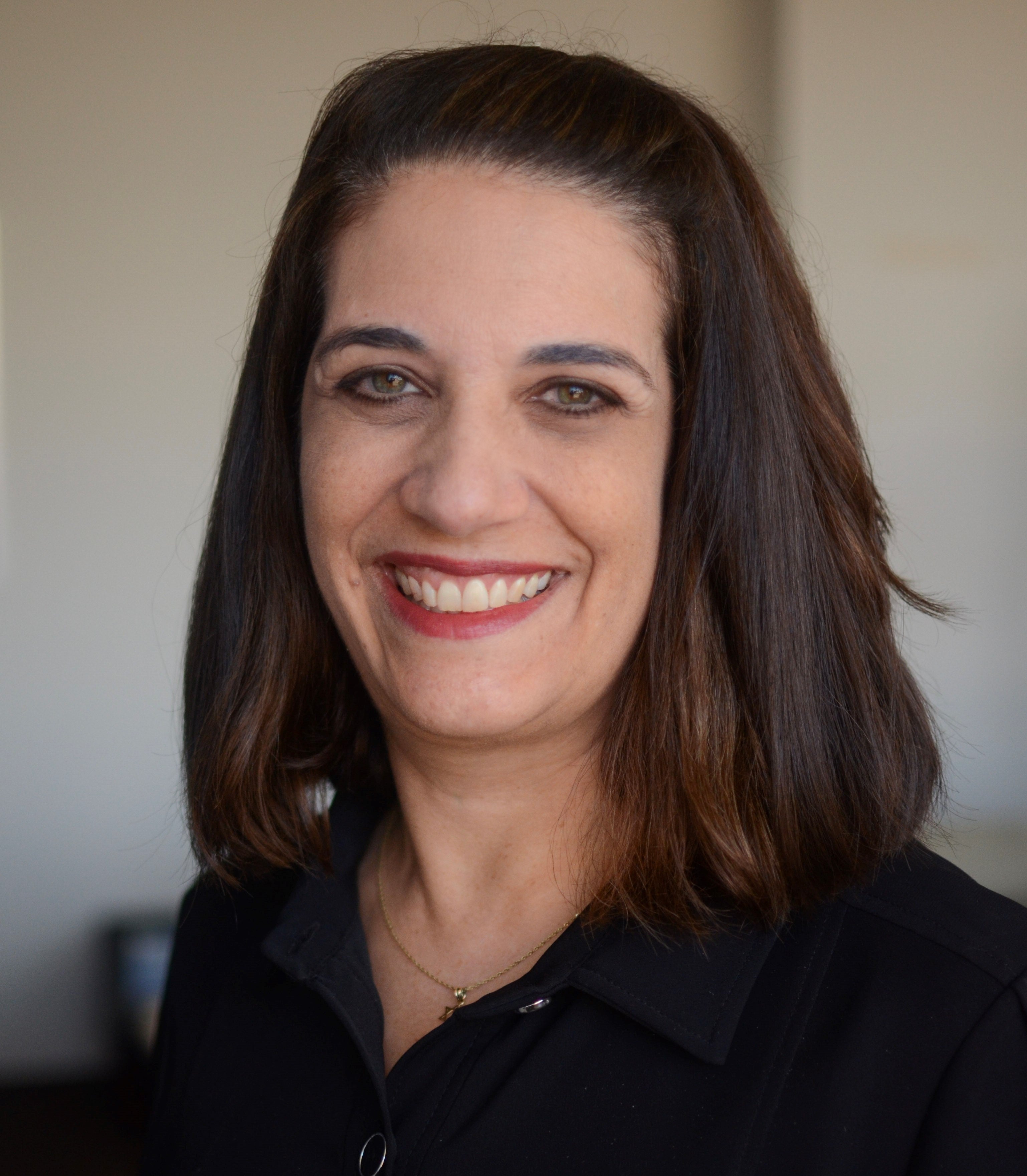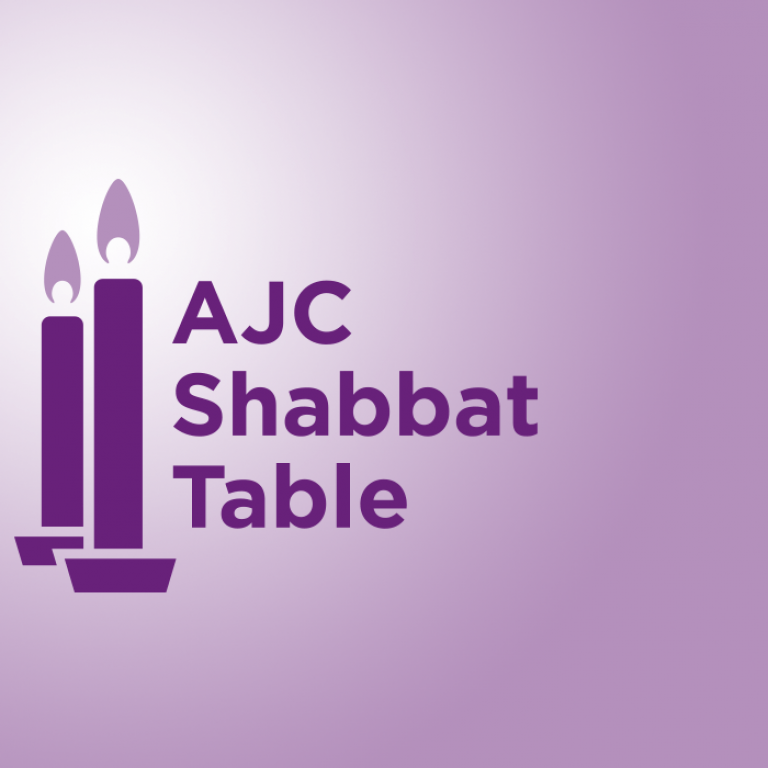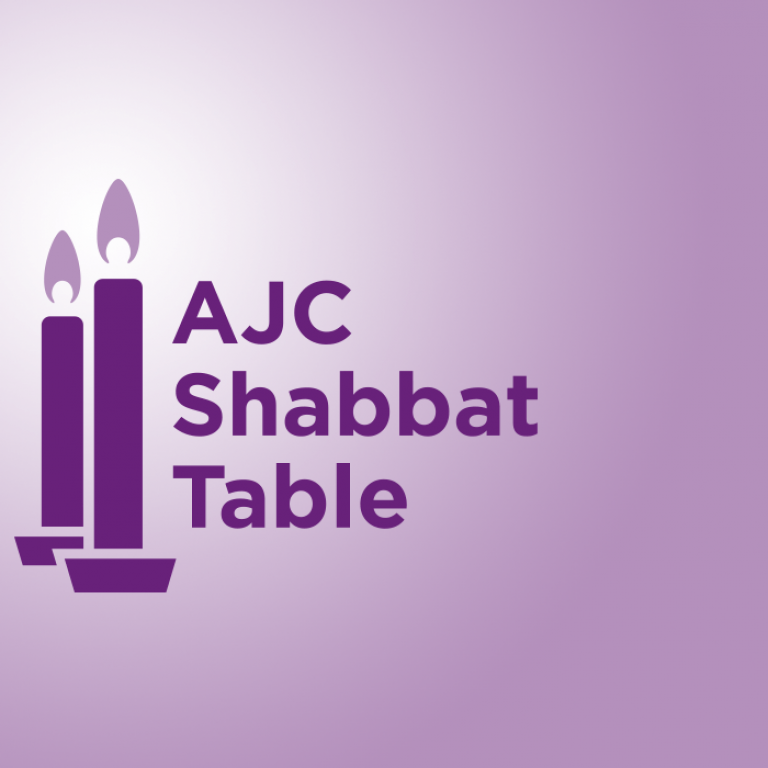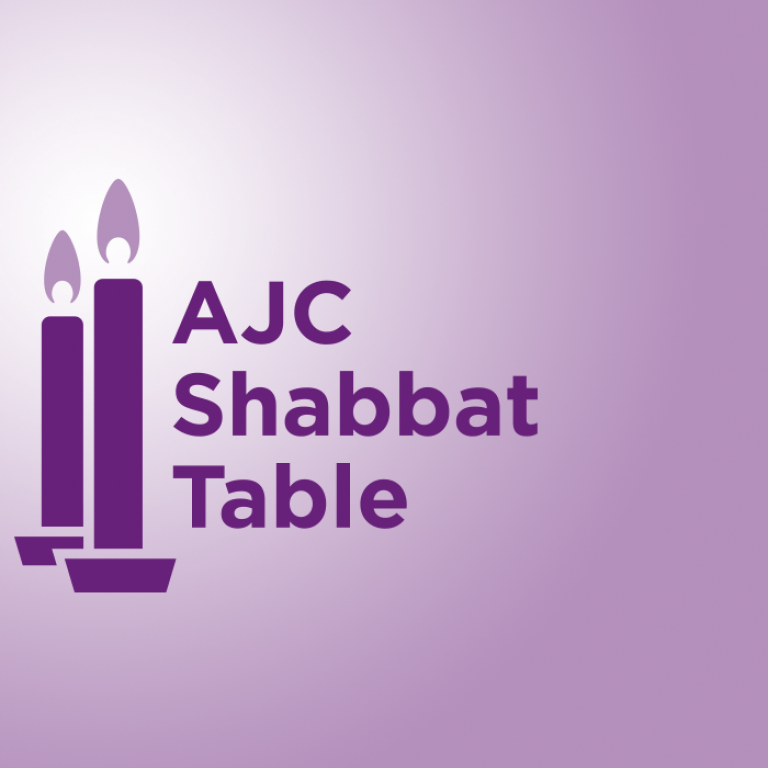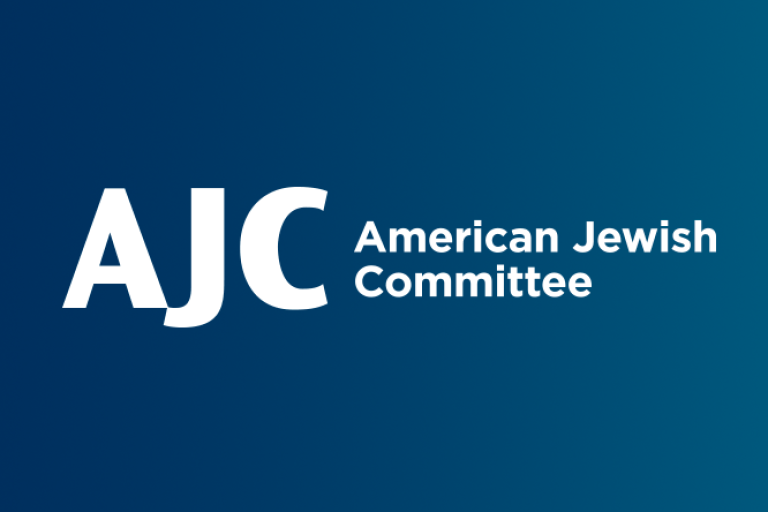November 20, 2020
This Shabbat: Parshat Toldot
I always make red lentil soup for Shabbat dinner on Parshat Toldot. Why? Well, because red lentil soup plays an important role in our parsha this week. Parshat Toldot opens with the fertility struggles of Isaac and Rebecca and Rebecca’s ultimate pregnancy with twins, Esau and Jacob. As Esau and Jacob grow up, they seem to take different paths. Esau, the firstborn, and therefore inheritor of the birthright, is a hunter, a rough outdoorsy man. Jacob, the younger twin, is a quieter and simpler soul who, the Torah tells us, “dwells in tents.” One day, Esau comes in from the fields exhausted and hungry. He finds Jacob simmering a red lentil stew on the fire and says, “Pour me some of that red soup because I am exhausted.” Jacob responds, “Sell your birthright to me!” Amazingly Esau agrees, saying, “”Look, I’m going to die, so what use to me is a birthright?” Esau swears that he will give Jacob his birthright, and Jacob serves Esau soup and bread. The Torah tells us that Esau summarily “ate and drank, got up and left,” seemingly unperturbed by the selling of his birthright, and satisfied that his hunger was assuaged. Later in our parsha, Jacob does receive the birthright blessing from his father Isaac and Esau is bereft and furious about how things turned out. The lesson of the red lentil soup is plain: we cannot allow the passions of a particular moment to dictate our future. In that moment of intense hunger and fatigue, Esau stopped thinking about anything but the present moment. He was easy prey for Jacob, who had the future very much in mind. Esau’s simple desire for a bowl of soup robbed him of his birthright forever. Each of us must spend time thinking about how to balance the needs and desires of the moment we are in versus the future that we want to actualize. Unfortunately, we humans are often not good at keeping the long term in our sights. The message of Esau, Jacob, and the red lentil soup is that living in the moment must be tempered by a strong dedication to planning for the future.
Do you want to mark Parshat Toldot with a pot of red lentil soup? Check out my tried and true recipe below.
This Week in Jewish History
November 23, 1956 - Egypt Declares its Jews Enemies of the State and Orders Them to Leave
Before 1956, the Egyptian Jewish community had a storied history going back over 2000 years. Archaeologists have found documentary evidence of Jewish life in Egypt dating back to 650 BCE, almost 2700 years ago. The Egyptian Jewish community was prolific and deeply engaged with both Jewish tradition and the world around them. Indeed, one of the greatest treasure troves of Jewish historical documents ever discovered was the one found in the Cairo Genizah in 1896. By 1948, the Jewish population in Egypt was a sizable 75,000. However, after the founding of the State of Israel, things quickly went sour for Egyptian Jews. In the wake of Israel’s failed secret operation in 1954 known as the Lavon Affair to discredit and overthrow the Egyptian president Gamal Abdel Nasser, a new climate of distrust of Jews arose in Egypt. A mere two years later, Egypt nationalized the Suez Canal and ceased to permit the passage of Israeli ships. The blockade led to an international crisis and war between Egypt and Israel. In the wake of the hostilities, Egypt proclaimed that “all Jews are Zionists and enemies of the state” and ordered them to leave. Half of the Jewish population left for Israel, Europe, the U.S. and South America. All had their possessions confiscated by the Egyptian government. About 1,000 Jews were imprisoned. The remainder of the Jews left in subsequent years, generally immigrating to Israel.
In the decades after 1956, former Egyptian Jews had little to do with Egypt, but recently things have begun to change. In early 2020, 180 Jews from Europe, Israel, and the United States traveled to Alexandria, Egypt to celebrate the rededication of a historic synagogue that the Egyptian government rescued from ruin. It was the largest such gathering of Jews in Egypt since they were pressured to leave in 1956. While world Jewry celebrated Egypt’s commitment to preserving this treasure of Egyptian Jewish history, Jewish leaders also recognize that the Egyptian government has not done enough to counteract the significant antisemitism in their country. It remains to be seen what impact the rededicated synagogue will have on the Jewish relationship with Egypt.
Want to find out more about the fates of Jews who were living in Arab lands when Israel was founded? Tune in on November 30 at 12 noon to AJC’s Advocacy Anywhere program The Forgotten Jewish Refugees: Three Personal Stories.
November 27, 1874 - Chaim Weizmann is born
When Chaim Weizmann was born in the tiny Russian village of Motol in 1874, no one could ever have imagined that he would someday become an accomplished biochemist and the first President of the State of Israel. Weitzmann, the third of 15 children born to a merchant family, began his education in a traditional Jewish school called a heder. When he entered high school and began to study secular subjects, he discovered he had a talent for chemistry, a talent that would lead him to obtaining a doctorate in Switzerland, and a professorship at the University of Manchester in England. While in Switzerland, Weizmann, an ardent Zionist since young childhood, became involved with the organized Zionist movement, a connection that he would carry throughout his life. After moving to Manchester, Weizmann began to apply his chemistry skills to breaking down bacteria in order to mass-produce natural substances. When World War I broke out in 1914, Weizmann’s skills became incredibly valuable. The British needed acetone to make gunpowder, but the minerals used to make acetone were mined in Germany, Britain’s enemy in the war. Weizmann was able to create acetone synthetically in his lab, thus enabling Britain to make the gunpowder it needed. It was at this moment that Weizmann’s talent for science and passion for Zionism became one. In 1917, Weizmann was able to capitalize on his contribution to England’s war effort by helping to obtain the Balfour Declaration, England’s written promise to give the Jews a homeland in Palestine. In the years between 1917 and the founding of Israel in 1948, Weizmann held many senior positions in the Zionist movement, including President of the World Zionist Organization (WZO) and head of the Jewish Agency. Throughout those years, Weizmann served as the Zionist movement’s best advocate in its never-ending negotiations and disputes with the British. Weizmann was at the center of efforts to obtain UN ratification of the 1947 Partition Plan, and he was instrumental in obtaining United States recognition of the new State of Israel in 1948. Shortly after Israeli statehood was declared, Weizmann was chosen to serve as the new nation’s first President, a role he held until his death in 1952. Today, Chaim Weizmann is remembered as a tireless advocate and fighter for Zionism, Israel, and the Jewish people. Located in the Israeli city of Rechovot, the Weizmann Institute, a prestigious science research institute, bears his name.
For Shabbat Table Discussion: Israel’s proposed law to include the voices of Diaspora Jewry
In recent years, many leaders in both the Israeli and Diaspora Jewish communities have been increasingly worried about the fraying relationship between Israeli and Diaspora Jewry. One of the main issues that contributes to the divide is the feeling among some American Jews that the Israeli government does not consider their viewpoints when making certain policies that impact Diaspora Jewry. Recently, Tehila Friedman, a Member of Knesset from the Blue and White Party, sponsored a new piece of legislation aimed at addressing that problem. The law would require the Israeli government to consult world Jewish leaders regarding issues that it deems crucial to Diaspora Jewry. Minister of Diaspora Affairs, Omer Yankelevich endorsed the legislation. The idea is a fascinating one. Should it pass, this legislation could go a long way to help repair the fraying relationship between Israel and Diaspora Jewry and would foster notions of Jewish peoplehood and support the idea that Israel is the Jewish homeland. But, on the other hand, the law brings with it inherent complications. Most importantly, who should be included in the category of “world Jewish leaders” and what issues would be deemed “crucial”? Given these enormous questions, and the fact that the Israeli government’s attention is on battling the coronavirus, it is unlikely that this legislation will pass, at least not in the immediate future - but it raises many interesting questions about how to build a stronger relationship between Israel and Diaspora Jewry going forward.
Questions for your Shabbat table:
- Do you think this legislation is a good idea? What benefits would it have? What detriments?
- Which world Jewish leaders should the Israeli government be required to consult? How should that group be selected?
- What issues are “crucial” to Diaspora Jewry? Diaspora Jews do not pay taxes to the Israeli government, nor do they serve in the Israeli army. Given that, are there policy issues upon which Diaspora Jewry should not have a say?
For more information about the proposed legislation and about Israel-Diaspora relations in general:
- Watch this panel discussion at the recent General Assembly of JFNA (Jewish Federations of North America) about the proposed legislation or read this article summarizing the panel.
- Watch this Advocacy Anywhere program in which AJC’s former Director of Contemporary Jewish Life, Dr. Steven Bayme, speaks about the history and present reality of Israel-Diaspora Relations.
- Read this essay by author and Israeli public intellectual Yossi Klein Halevi on “The Future of the American Jewish-Israeli Relationship” or for a deeper dive, read this AJC-published volume of essays (in which Yossi Klein Halevi’s essay appears) “Twenty-Five Essays About the State of Israeli-American Jewish Relations.”
Parshat Toldot Red Lentil Soup (serves 6-8)
Ingredients:
1 large onion
4 cloves of garlic, minced
1 tbsp of olive oil
1 cup of red lentils
2 stalks of celery, chopped
(Optional - throw in any other vegetables you have lying around. Zucchini and mushrooms are great!)
28 oz can of crushed tomatoes
5 cups of water
1 bay leaf
1 tsp salt (to taste)
½ tsp pepper
1 tsp. dried basil
1 ½ tbsp lemon juice
Instructions
Heat oil in a large soup pot. Add onions and garlic and saute for a few minutes until golden. Add remaining ingredients except lemon juice and mix well. Bring to a boil, reduce heat and simmer for 30-40 minutes or until lentils are tender. Add lemon juice, stir, and serve.
Shabbat shalom!
